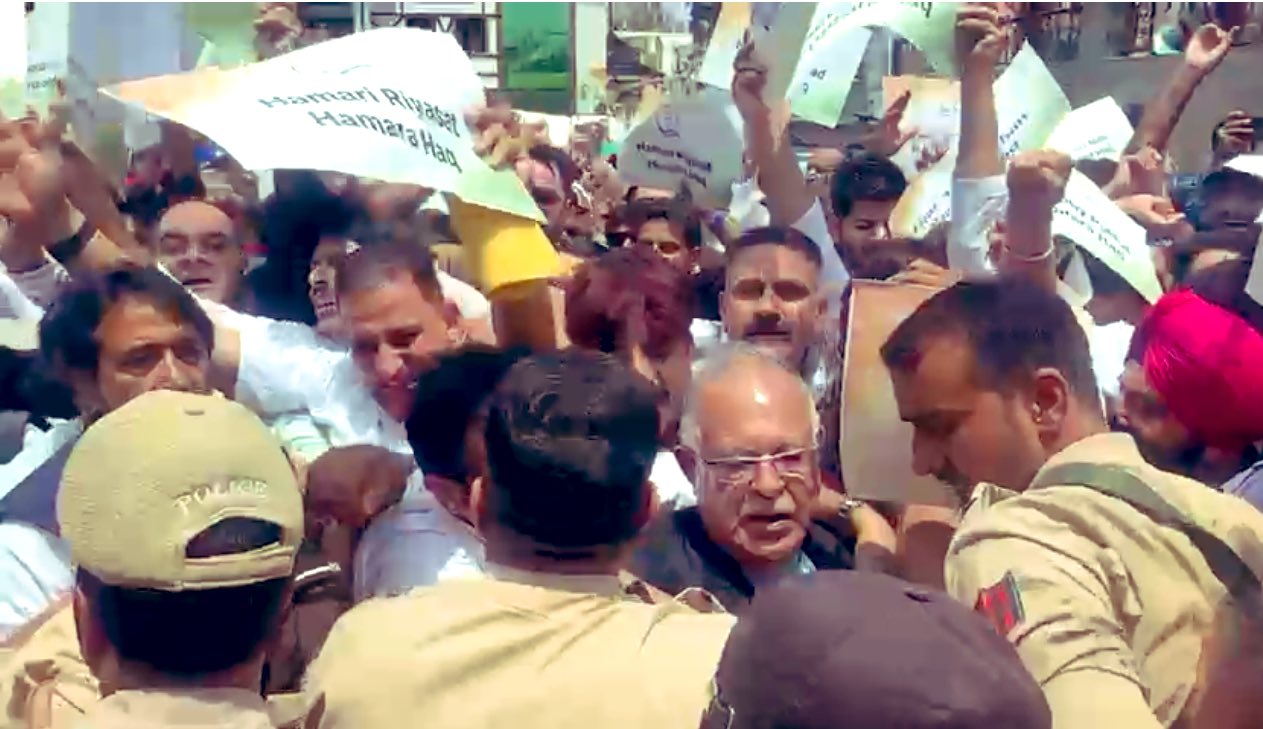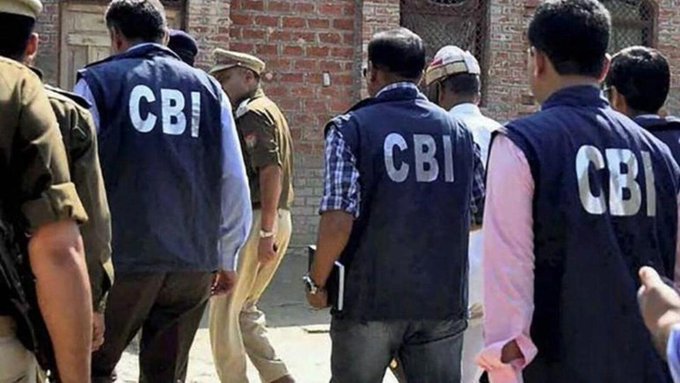DUBAI: Fighters aligned with Yemen’s exiled government claimed on Wednesday that they had intercepted and seized 750 tonnes of Iranian-supplied missiles and weapons en route to the Houthi rebels. This marks the latest arms interdiction in Yemen’s decade-long conflict, which has often been linked to Tehran.
Western naval forces, including the US Navy, have long intercepted Iranian arms shipments intended for the Houthis, who seized control of Yemen’s capital, Sanaa, in 2014 and have since launched repeated attacks on Red Sea shipping amid the ongoing Israel-Hamas war.
However, this operation is the first major weapons seizure carried out by the National Resistance Force, a militia loyal to Tariq Saleh, the nephew of former Yemeni President Ali Abdullah Saleh. The group said the seizure took place in late June.
Neither Iran nor the Houthis have acknowledged the operation.
Footage released by the force appeared to show anti-ship missiles similar to those used in recent Houthi attacks, including two that sank ships in the Red Sea, killing at least four people and leaving others missing. The video also showed what seemed to be Iranian-made Type 358 anti-aircraft missiles—reportedly used by the Houthis to shoot down 26 US MQ-9 drones over the course of the war, a claim partially confirmed by the US military.
Additional footage showed drone components, warheads, and other advanced weaponry. The National Resistance Force stated that a detailed report would follow shortly.
Although Iran denies arming the Houthis, UN investigations and battlefield findings have repeatedly uncovered Iranian-manufactured weapons in Yemen, despite a UN arms embargo on the Shiite rebel group.
The Houthis took over Sanaa in September 2014, forcing the internationally recognized government into exile. In response, a Saudi-led coalition—supported by US weapons and intelligence—entered the conflict in March 2015. Years of fighting have failed to produce a decisive outcome, instead driving Yemen, the Arab world’s poorest nation, to the edge of famine.
The war has claimed over 150,000 lives, including both combatants and civilians, and has triggered one of the world’s most devastating humanitarian crises, with tens of thousands more deaths linked to hunger and disease.












